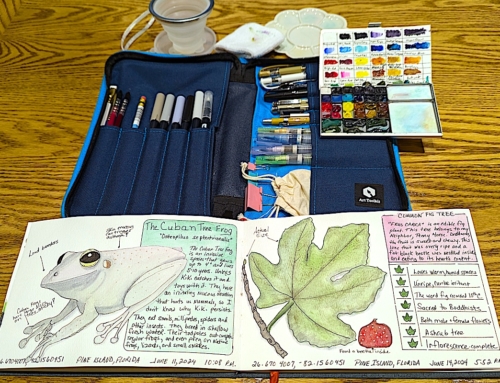 Are you an Eager Beaver Writer?
Are you an Eager Beaver Writer?
Does this describe you?
This person has wonderful intentions, and after riding the wave of motivation, promises to:
- Wake up early to write
- Write 1,000 words per day
- Learn how to use Scrivener
- Build an author’s website
The Eager Beaver Writer burns out, generally in the first week, because motivation doesn’t endure without a constant injection of enthusiasm. Setting far-reaching goals is a sure-fire way to trip on the path to success.
Instead, the Eager Beaver needs to pick one task at a time, one tiny task, and turn it into a habit that they can stick with.
A habit can take up to a month before it sticks, and even then, it’s easy to waiver.
For example, how many times have you vowed to start flossing your teeth? Or to lose weight? Walk more, sit less, eat better? Instead of setting yourself up for failure, create a single goal and stick to it for 30 days. Then, move on to the next goal.
Start with one small change, and make it become a habit. This is the “baby step” process that was popularized in the popular Bill Murray movie, “What About Bob?”
BJ Fogg, Ph.D., Director of the Persuasive Technology Lab at Stanford University, says this:
“Only three things will change behavior in the long term:
Option A. Have an epiphany
Option B. Change your environment (what surrounds you)
Option C. Take baby steps
Fogg continues, “Creating an epiphany is difficult. You should rule out Option A unless you have mystical powers (I don’t). But here’s the good news: The other two options are practical. And they can lead to lasting change if you follow the right program.”
One of those programs is the Tiny Habits Academy, which Fogg created, along with his sister, Linda Fogg-Phillips, M.S.
Building upon Fogg’s advice, if you want to start waking up earlier each day to allow yourself more time to write, then start with that goal. Set your alarm clock and move it away from your bed, so you actually have to get up and turn it off.
Consider putting the alarm clock in the bathroom, and keeping it loud so you can hear it in your bedroom. Then, get up, go to the bathroom, turn on the light and then turn off the clock, then look in the mirror. Talk to yourself about your plans for the morning, and the scene you’re going to be writing.
I find that the combination of movement, the light and the speaking aloud can help me overcome that pressing desire to crawl back into bed.
 While you’re in the bathroom, get dressed. Make it easier for yourself by putting clothes and shoes in a neat pile in the bathroom, ready to slip on. Once you’re dressed, there’s no way you’re going back to bed.
While you’re in the bathroom, get dressed. Make it easier for yourself by putting clothes and shoes in a neat pile in the bathroom, ready to slip on. Once you’re dressed, there’s no way you’re going back to bed.
If you have an automatic coffee maker, set it up the night before so it’s prepared and aromatic before you enter the kitchen. A cup of freshly brewed coffee will be your reward for waking early.
So, with planning and rewards in place, you’re set yourself up for success, not failure, when you start a new habit. By having an extra hour to devote to your book each morning, warmly (or coolly) dressed and armed with a cup of steaming coffee, you’ll soon reach your second goal — writing 1,000 words per day — sooner than you realize.
Then you can worry about learning Scrivener, and setting up your author’s website.













